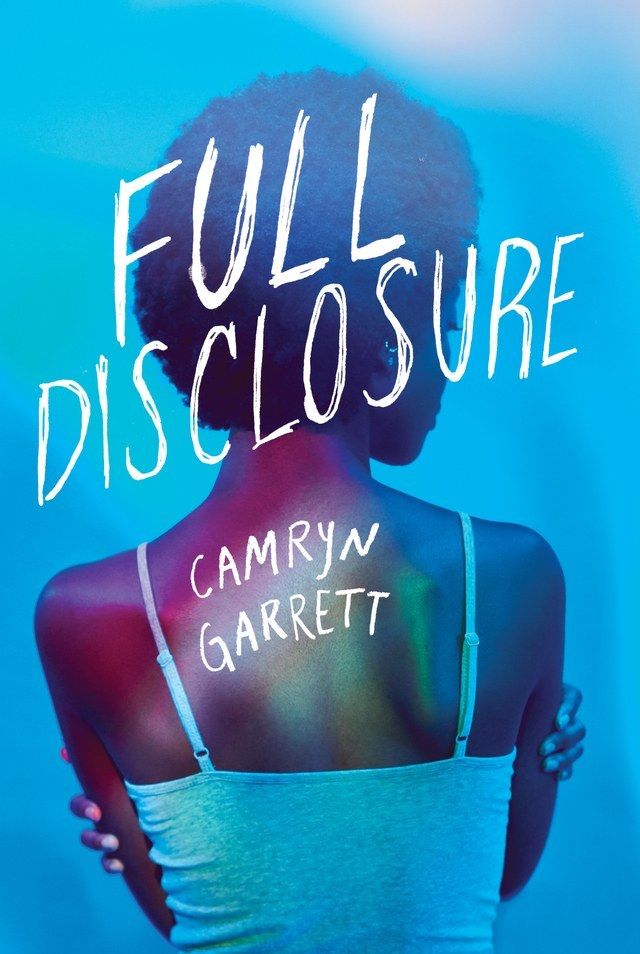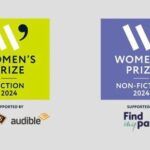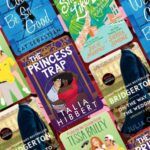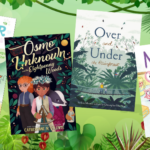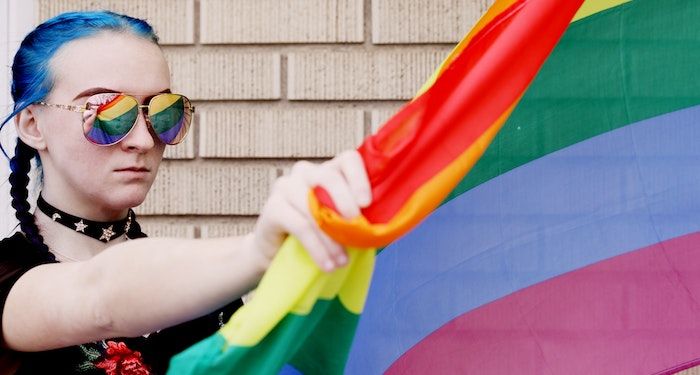
5 YA Books About Fighting Biphobia
Queer YA has changed so much in the 10+ years I’ve been reading it — which is a relief. We’re no longer limited to “issue” books, and identities other than gay and lesbian have made their way to mainstream publishing. There are still improvements to be made, but it regularly shocks me what is possible in queer YA now. I remember when it was difficult to find any YA titles with a bisexual main character, so it was a surprise to me when I read three YA titles almost back-to-back that have discussions about bisexuality and biphobia that I’ve never seen in books before.
Follow Your Arrow by Jessica Verdi and I Think I Love You by Auriane Desombre both came out on March 2, and I read them for that week’s All the Books podcast. Either one of them would have been a step forward in bi representation in YA, never mind both at once! Oddly enough, Perfect on Paper by Sophie Gonzales followed a week later, out on March 9. They all not only have bi main characters, but discuss the particular experiences of facing biphobia (internal and external) in a way I’ve rarely seen articulated in fiction — not just homophobia, but its own complicated kind of bigotry. This made me start thinking about other YA books that have also touched on this, and I wanted to put them into conversation. These all have bi women main characters, and most of them are in M/F relationships.
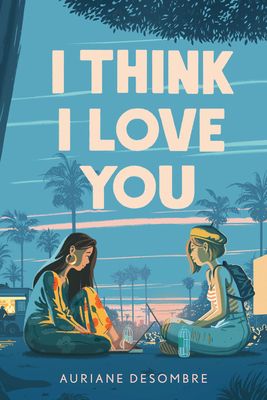
I Think I Love You by Auriane Desombre
This was the first book I read on my fighting biphobia YA journey. It is a hate-to-love YA romance told in alternating chapters between Emma (bisexual) and Sophia (lesbian). Emma is trying to make the bisexual romcom of her dreams to enter into a film contest, so she can see herself in her favorite genre. Emma isn’t out to her parents, and she wonders if it’s even worth it unless she’s dating a woman. She knows that’s not true, but she worries that her parents won’t understand what a big deal this is for her. This was the most interesting part to me: bisexuality is often downplayed. If a woman is in a relationship with a man, she’s written off as basically straight. If she’s with a woman, she’s pretty much a lesbian. It’s not often respected as a distinct identity, and one that can be just as meaningful to that person as being gay is. (Which is to say that everyone has their own relationship to labels.) I appreciated seeing Emma struggle to communicate to her family that her bisexuality is something that is a big deal for her and that she doesn’t want it to be brushed off as insignificant.
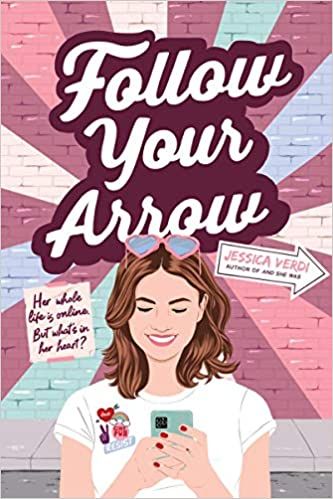
Follow Your Arrow by Jessica Verdi
I was already pretty impressed with the handling of bisexuality in my previous read, so I was surprised to see Follow Your Arrow take it a step farther. CeCe has a picture-perfect social media profile (with almost 1 million followers) that is reliant on her and her girlfriend being the internet’s #RelationshipGoals. When they break up, CeCe feels like she’s lost part of her identity. To complicate things further, CeCe is starting to get a crush on a very offline guy. How will her fans react to him? This one was a bit of a gut punch to me: I was out as a lesbian for about 10 years, most of that online, before I came out again as bi and starting dating a guy. Although I have never been internet famous, I still saw an online backlash that was really disturbing. CeCe, despite having been out as bi the entire time, goes through that on a much larger scale. (Content warning for biphobic comments that were hard to read.) CeCe also worries that as a bisexual person she’s not “queer enough” to have it be a central part of her identity. She wants a rainbow tattoo, but isn’t sure that she has “earned it.” Part of her arc is accepting this and fighting her internalized biphobia.
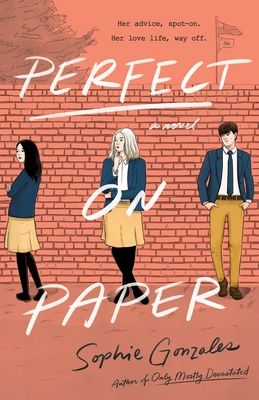
Perfect on Paper by Sophie Gonzales
I had been hearing rave reviews of Perfect On Paper, so I had to pick it up. This turned out to be an absorbing enemies-to-lovers slow burn with some Austen influences (Darcy is a bit of an Emma and her love interest, ironically, has a Darcy feel), but it also includes a great conversation about biphobia. This happens near the end of the book, so very mild spoiler warning. Darcy is worried that because she might want to date a guy, it will make her seen as less queer — she’s recently heard a comment from a friend about how it must be nice to be able to be in a straight relationship and escape homophobia. She’s so worried about this that she runs away from the possibility. (I can relate. Fun fact: the first time I realized I was romantically interested in a guy, I had my first and only hyperventilating anxiety attack, because I was so worried about it threatening my queer identity and having to come out all over again.) She eventually brings this up to the Queer and Questing club at school, and they validate both a) that biphobia is real and b) that she is queer no matter who she’s dating.
Full Disclosure by Camryn Garrett
Reading those three books in succession reminded me of an earlier YA read: Full Disclosure. The bisexual content of this one is not the focus of the story, but it’s still important. (Most of the plot is about the prejudice Simone faced as an HIV-positive teen, as well as a sweet M/F romance.) Simone has two best friends, both of whom are queer. One is an asexual lesbian and one is bisexual. You would think that they would be the easiest people for Simone to come out to as bi, but she doesn’t feel like she’s queer enough to bring it up. She prefers guys most of the time, so does she really “count” as bisexual? This is a really common concern in the bisexual community — and the answer is, as Simone realizes, that of course you can claim being bi even if you have a preference! I appreciate that this explores how internalized biphobia can be present even in a queer social group.
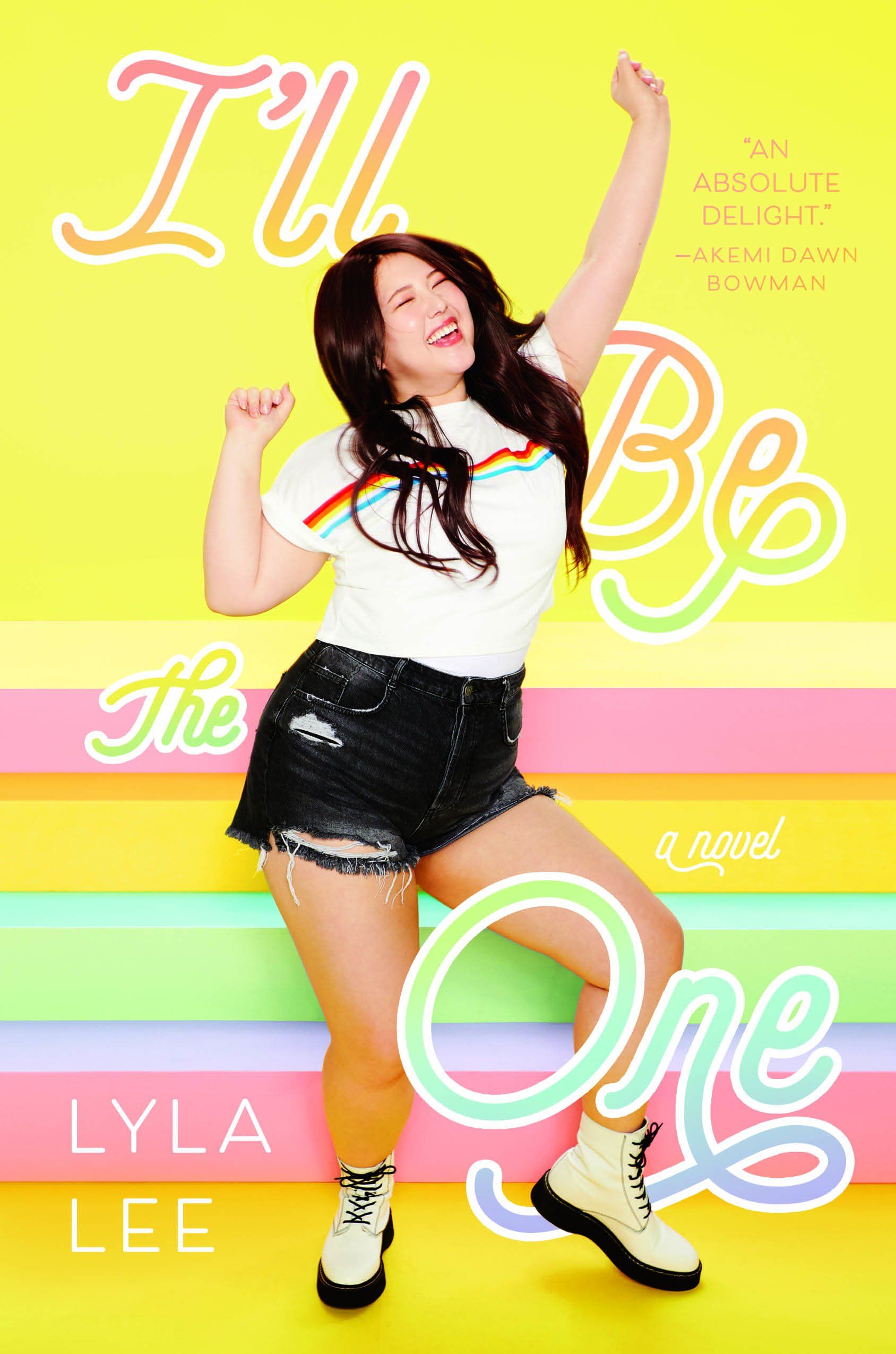
I’ll be the One by Lyla Lee
I’m finishing this with a title on my TBR, because from what I’ve heard, it will round out this list nicely. Skye enters into a televised K-Pop competition to try to break into the industry. The book is more concerned with how she’s discriminated against as a fat woman in that space than her sexuality, but she is bi — and so is her love interest! We don’t see a lot of bi guy/bi woman couples in fiction, so that’s exciting. There are also other queer characters, and they discuss the biphobia, homophobia, and other discrimination they face. Skye worries that she wouldn’t be able to date a woman because of the Korean media’s intolerance of queer people and K-Pop’s strict standards. This is a bright, poppy book, so it doesn’t dwell on these conversations, but it does add another layer to this topic.
Did I miss any of your favorite books that combat biphobia? Let me know! And if you liked this post, check out:



